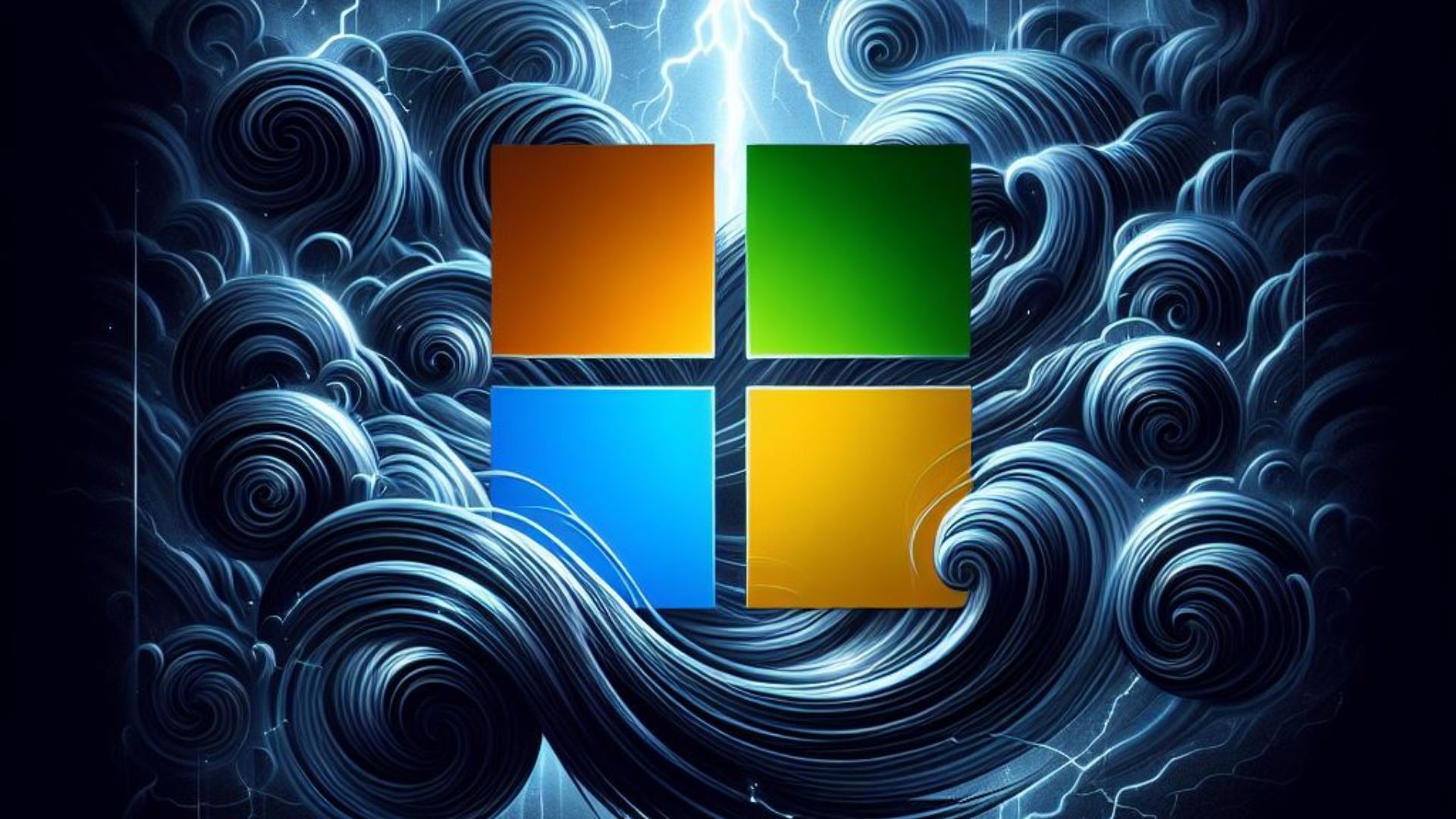What you need to know
- Microsoft recently released its earnings report for FY24 Q3.
- The company CEO Satya Nadella also disclosed security remains a top priority for the tech firm and will be doubling down on its efforts there.
- The tech giant has suffered two major security breaches this year.
Microsoft just released its impressive earnings report for FY24 Q3 with a 17% increase in revenue and more. The company attributes the leap forward to its AI advances and Copilot. Its AI efforts also contributed to Bing surpassing over 140 million daily active users.
The tech giant is arguably one of the biggest companies providing cloud computing services across government institutions, hospitals, banks, and other large organizations. As such, it has become a preying ground for hackers seeking to access personal data and credentials from unsuspecting users by compromising their systems.
Microsoft CEO Satya Nadella confirmed to analysts that the company will heighten its focus on cybersecurity during the earnings call (via Axios). In the past few months, there’s been a growing concern among users and top government users over Microsoft’s cascade of security failures and its susceptibility to deceitful ploys by bad actors.
According to the company’s CEO:
“Security underpins every layer of the tech stack and it’s our No. 1 priority. We are doubling down on this very important work, putting security above all else, before all other features and investments.”
While details remain slim regarding Microsoft’s plans on this front, it’s apparent that the company is putting elaborate measures in place to prevent the reoccurrence of such instances in the future while simultaneously keeping hackers at bay.
Is Microsoft untouchable because of its big stake in the cloud computing business?
As we speak, Microsoft is under scrutiny by antitrust watchdog regulators for alleged ‘anti-competitive’ practices in the cloud business. As shared by trade group CISPE in 2022 while lodging its complaints against Microsoft for anti-competitive cloud business practices to the European Union:
“Leveraging its dominance in productivity software, Microsoft restricts choice and inflates costs as European customers look to move to the cloud, thus distorting Europe’s digital economy.”
This year, Microsoft has faced two major attacks that allowed hackers to access confidential information. The first attack was deployed by a hacker group called Midnight Blizzard onto Microsoft’s systems, allowing them to access confidential emails between the company and its clients.
The second encounter involved the Russian hacker group, Nobelium. Reports indicate the attack was designed to allow the hackers to access emails belonging to top Microsoft executives.
Microsoft’s big stake in the cloud computing business worldwide has led some of its competitors to believe that government institutions are lenient on its not-so-fireproof security systems. This is attributed to the government’s overreliance on Microsoft’s systems for operations.





